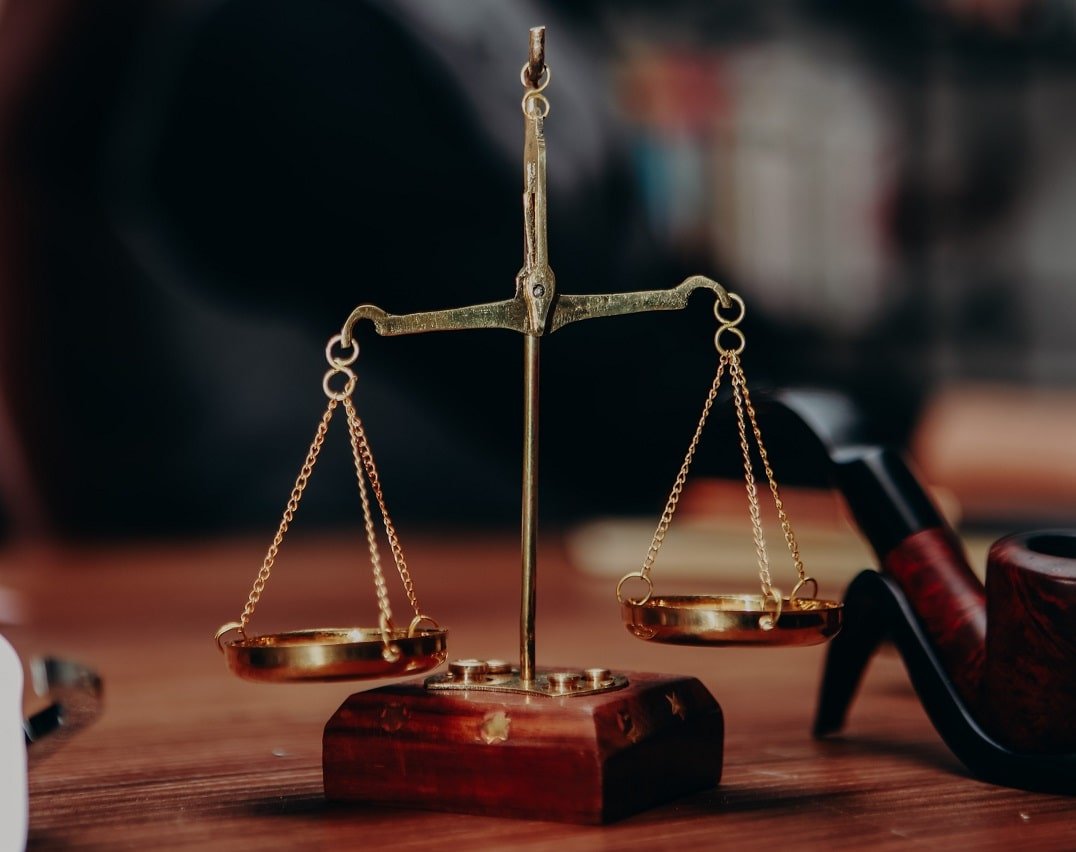The Law & Order Commission of Pakistan is led by the Chief Justice of Pakistan and consists of the presidents of the government’s high courts, the State’s Attorney of Pakistan, the Director of the Department of Law, Security, and Civil Liberties, and the Chair of the Federal Standing committee of Women.
The Federal Government appoints four additional representatives to the Commission, one out of each provincial capital, based on the recommendations of the Representative and in discussion with the Chief Justice of the High Court in the provincial capital in question. These individuals may be current or former representatives of the judiciary or administration, prominent lawyers or jurists, respected representatives of civil society, scholars affiliated with the Council on Islamic Ideology, or professors of law at accredited educational institutions.
Application for Entries – Grant for the Advancement of Accessibility to Justice
The Pakistani government has established the Accessible to Court Development Fund (AJDF) as a legally enforceable foundation. Pakistan’s Law and Justice Commission oversees the Fund’s operations. The Commission is now accepting grant applications for the preceding broad areas of study, education, and outreach:
- Legal Empowerment Awareness
- Judicial and Legal Research
- Innovation in Legal Education Training
Additional information regarding the Legal & Justice System in Pakistan
The Law and Justice Commission of Pakistan is an entity of the Federal Government of Pakistan that was founded in 1979 as a result of a Resolution (XIV).Its other representatives include the Chief Judge of the Federal Sharia Court, the Chief Justices of the High Courts, the Attorney General of Pakistan, the Secretary of the Ministry of Law, Justice, and Human Rights, the Chairperson of the National Commission on the Status of Women, as well as four additional representatives, one from every Provincial capital. The Commission is appointed as the Chairman Justice of Pakistan.
The function of the Commission
The Commission is responsible for studying and keeping under evaluation on an ongoing methodical grounds the statutory provisions and other laws to make suggestions to the Federal Government and the Provincial Governments for the improvement, industrialization, and restructure of those statutory provisions and regulations, in specific, for:
- Putting the laws into conformity with the evolving requirements of society in a manner that is compatible with the philosophy of Pakistan and the idea of Islamic social justice;
- The implementation of straightforward and efficient processes for the administration of laws, with the goals of achieving comprehensive, economical, and prompt fairness;
- Organizing the harmonization and unifying of laws to abolish the existence of many laws that apply to a single topic;
- Eliminating Inconsistencies within the Laws;
- Eliminating sections in the legislation that is no longer relevant or are superfluous;
- Simplifying laws so that they may be understood more easily and coming up with strategies to make society more law-aware.
- The introduction of new processes and regulations to enhance the judicial process; and
- The elimination of contradictions between the laws that fall within the legislative purview of Parliament and those that fall under the legislative purview of a Provincial Assembly.
The Commission shall take measures for
- Cultivating and expanding available human resources to facilitate effective court administration and management of cases;
- Coordination between the executive branch and the judicial branch; and
- Planning initiatives to improve access to justice, provide assistance with legal matters, and safeguard human rights.
Access to Justice Development Fund;
- The Commission is tasked with researching the existing variety of legal instruction and submitting suggestions to the Federal Government about how the quality of legal education might be improved.
- The Commission may be asked for its judgment and assistance on any topic pertinent to the tasks it performs by either the federal government or a provincial government.
- The Committee may, with the permission of the Federal Government, join into an Agreement of Understanding with the Legislative Council of any country or, as the instance may be, with any lawful or human rights body or organization of any country to establish a framework for cooperation regarding the protection of human rights.
Connection with their respective functions
- Communicate, Cooperate, and Contribute to the Conduct of Legal Research in Connected with Their Corresponding Duties, Including Conversation
- Assist one another in the process of collecting information and resources necessary for performing due diligence;
- Engage in the two-way and mutual sharing of information, related research, and other publishing
- Make it easier for delegations, employees, and executives of the separate Commissions or, depending on the circumstances, the corresponding law or human rights body or organization to visit one another, receive instruction and engage in professional exchanges; and
- Agree with one another, on a case-by-case basis, on the payment terms for having conferences, engaging in exchanging visits, and participating in other programs as outlined in the Agreement. The publication of any such memo of Agreement must be taken out with the permission of the ministry of the federal government that is dealing with the matter.




